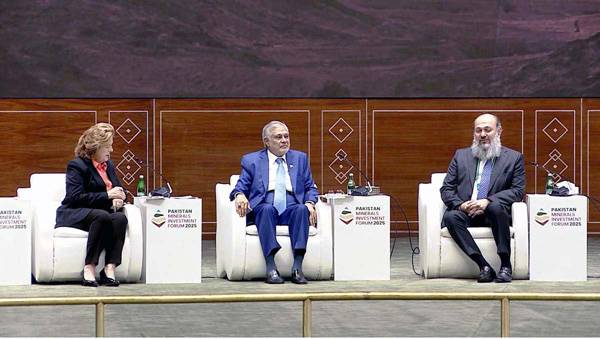In a significant move that could reshape the landscape of the minerals sector, Dar has made a bold pledge to enhance transparency, aiming to address longstanding concerns regarding corruption and mismanagement in resource-rich regions. This commitment comes at a time when the minerals industry is under increased scrutiny, with multiple stakeholders, including governments, non-governmental organizations, and the public, calling for a more accountable approach to resource management.
Dar’s initiative seeks to instill greater trust among local communities and international investors, who have often been wary of engaging with sectors marred by dubious practices. Key to this pledge is the establishment of an extensive framework that mandates regular audits and public disclosures of mining activities and revenues.
Dar’s initiative aims to build trust among communities and investors through mandatory audits and transparent disclosures in the mining sector.
Dar stated, “Transparency is not just a moral obligation; it is a prerequisite for sustainable development.” By enforcing rules that require companies to disclose their financial dealings, the intention is to create an environment where corruption is more difficult to hide, thereby fostering better governance and ethical business practices. This approach aligns with global standards and is expected to attract foreign investment, which is vital for the economic growth of resource-dependent nations.
Furthermore, Dar’s commitment includes the involvement of local communities in decision-making processes regarding mineral extraction. By ensuring that these communities have a voice, the pledge aims to empower residents who have often been marginalized in discussions about resource management. Such empowerment can lead to improved socioeconomic conditions, as local populations gain access to a fair share of the profits generated by mining activities.
Dar emphasized, “When local communities are involved, they become stewards of their resources, ensuring that extraction is done responsibly and benefits everyone.”
However, the success of this initiative will largely depend on its implementation. Critics argue that without strict enforcement and accountability measures, such promises may remain unfulfilled. To counter these concerns, Dar has proposed the creation of an independent regulatory body tasked with monitoring compliance and addressing grievances. This body would serve as a watchdog, ensuring that companies adhere to the new transparency standards.














